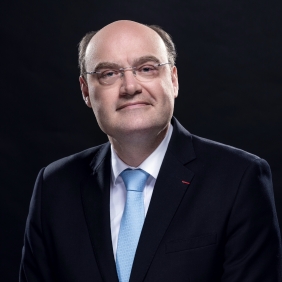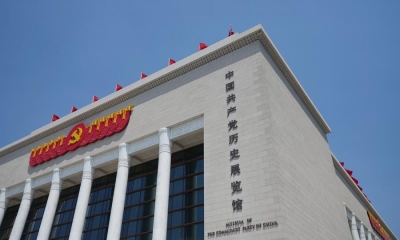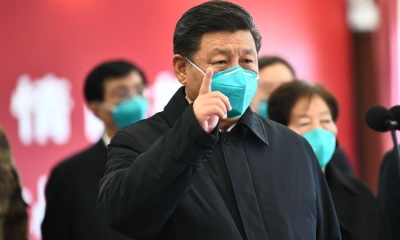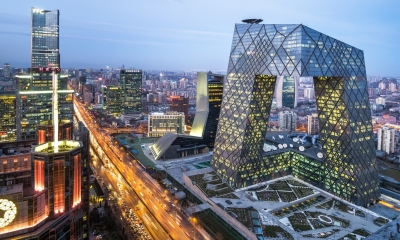A Solemn Call to Vigilance and Collective Action in Pursuit of Lasting Peace
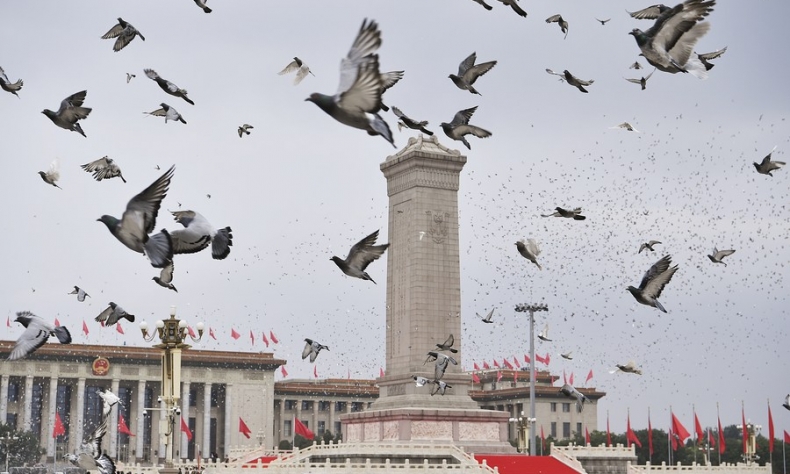
Today’s world, faced with global challenges, needs a shared commitment to humanism and the protection of human dignity.
Eighty years ago, the world celebrated the end of the Second World War (WWII) — a cataclysm that had plunged humanity into the abyss. This war, the deadliest in human history, ended only through an unlikely yet decisive alliance between nations with vastly different political systems, cultures, and interests. It was, in fact, the unity of China, the United States, the Soviet Union, Great Britain, and General de Gaulle’s Free France that led to the defeat of fascism — a brutal, blind, and expansionist totalitarianism that threatened fundamental peace, freedoms, the rights of peoples, and global stability.
Commemorating this victory is not merely a duty of remembrance — it is an act of vigilance. For while war was defeated in 1945, peace remains an unfinished, fragile project — one that must constantly be defended and rebuilt. It is this fight for an active peace, grounded in intercultural dialogue and practical cooperation, that drives our China-Europe-America Global Initiative.
WWII was a global clash between two visions of the world: on one side, fascism and militarism, embodied by Nazi Germany, Mussolini’s Italy, and Imperial Japan under Emperor Hirohito; on the other, the forces of liberty and resistance, united in a coalition as diverse as it was unprecedented.
The Chinese people, the first victims of Japanese expansionism and aggression beginning in 1931 in Northeast China, waged a long and heroic struggle against the invader — at the cost of tens of millions of lives. We must never forget the Nanjing Massacre of 1937, one of the most terrifying expressions of human barbarity: systematic rape, mass murder, summary executions, and torture inflicted on defenseless civilians by the Japanese army after taking the great Chinese city. This crime against humanity, long denied and still minimized by some, remains not only a deep wound in China’s collective memory but also a scar on the conscience of all humankind.
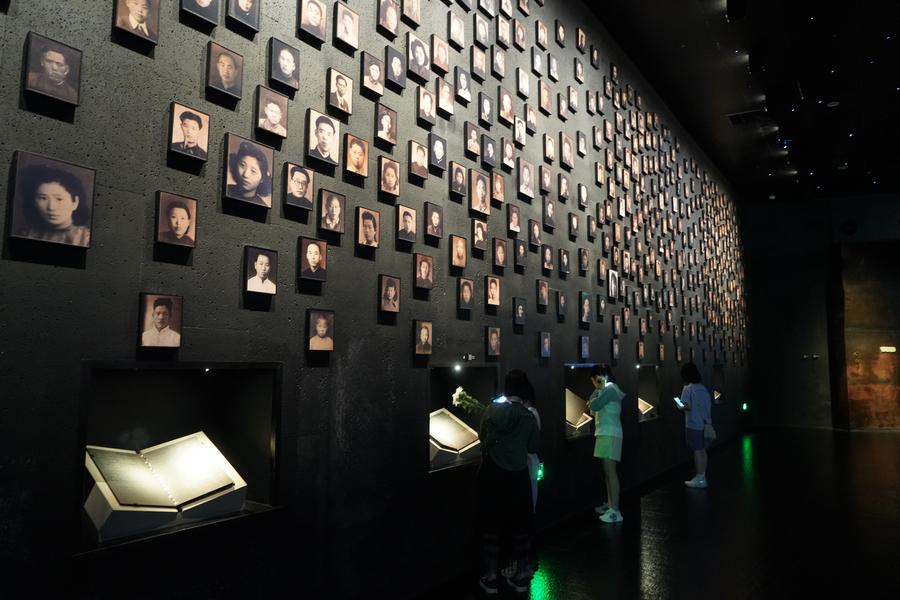
The United States, attacked at Pearl Harbor on December 7, 1941, mobilized its immense industrial, scientific, and military power during the war. The Soviet Union, after suffering a brutal assault by Nazi Germany, became the stage for titanic battles — most notably at Stalingrad, from July 1942 to February 1943 — a decisive turning point in the war. Great Britain, led by the indomitable Winston Churchill, refused to yield during its darkest hours, standing alone for many months. And Free France, under General de Gaulle, despite occupation, gave voice to and later led the Resistance and contributed to the liberation of national territory.
Despite their political, cultural, or ideological differences, these five powers put their divisions aside to stand united. It was only through this alliance — and a shared awareness of the urgent need to protect humanity from barbarism — that victory became possible.
Yet the peace won through bloodshed did not mark the end of history. It was the beginning of a new responsibility: to build a world where conflicts would no longer be resolved through force. But the history of nations since 1945 proves that peace is never guaranteed. It remains the outcome of delicate balances, constantly threatened by resurgent nationalism, geopolitical tensions, social injustice, and cultural clashes.
The Cold War, regional conflicts in Asia, Africa, and the Middle East, military interventions, migration crises, and climate emergencies have all reminded us that the seeds of chaos are never entirely eradicated. Even today, dangers abound: economic and technological rivalries, disinformation, identity-based withdrawal, rising extremism, and, above all, a persistent lack of patient and attentive dialogue. Peace does not die only from bombs — it also dies from indifference, from the erosion of trust among peoples, from the demonization of the “other.”
We must not allow misunderstandings to turn into tensions, nor disagreements into divisions. Mutual respect, recognition of otherness, and the celebration of difference as richness — not threat — are the foundations of lasting peace. The 20th century showed us the consequences of ideological hatred and xenophobia. The 21st century must embrace shared interdependence, renewed dialogue, and multilateral cooperation.
But dialogue must not remain theoretical. It must be translated into tangible action. International cooperation is the practical expression of our commitment to peace. In health, the environment, technology, and education, nations must work together — sharing knowledge, innovations, and best practices. Global challenges like the COVID-19 pandemic, climate change, and economic inequality know no borders or ideologies. Against such threats, no nation can act alone. China, Europe, and the Americas, in particular, have a fundamental role to play in building bridges where others erect walls.
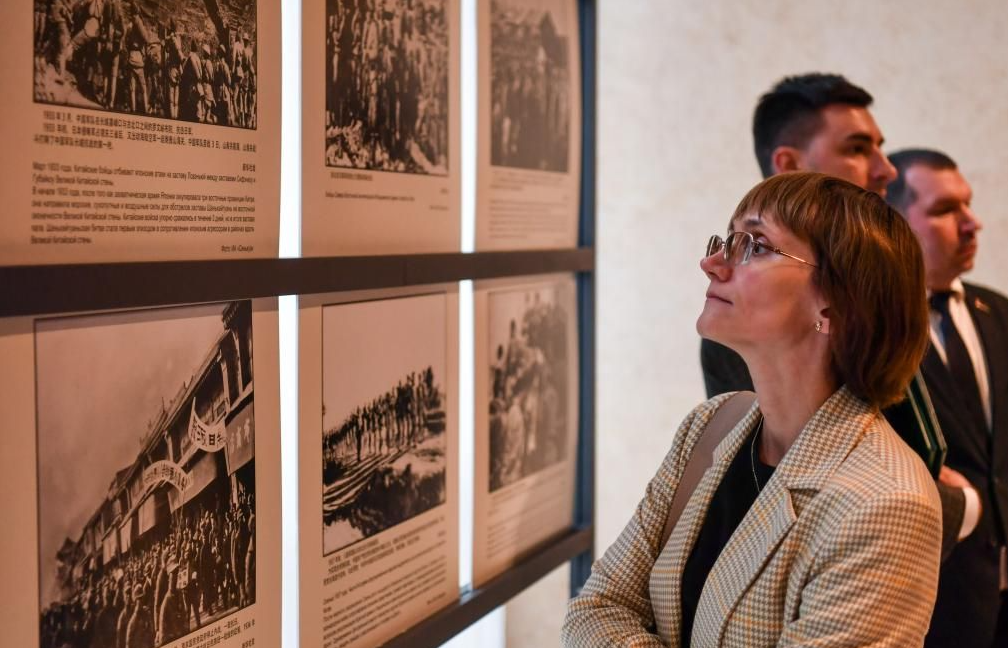
This is the very mission of our work: to foster positive interconnection, to practice civil society diplomacy, and to bring together minds and wills in pursuit of a common goal—preventing history’s tragic repetition and advancing the cause of human and social progress.
The ceremonies marking the 80th anniversary of the end of World War II must not be limited to moments of solemn remembrance or official gatherings. They must serve as a signal, a reminder, and a call to action. A signal that peace was made possible through the solidarity of peoples. A reminder that peace — like civilization — is always a work in progress. And a call to renew our commitment to a world that is more just, more secure, and more humane.
Each generation bears its own responsibility in building peace. As we honor the heroes of 1945, we must also ask ourselves: What are we doing today to become the peacemakers of our time and of the future? The memory of victory over fascism only has value if it compels us to reject all forms of brutality—including the more insidious ones: intolerance, racism, contempt, and indifference.
To commit to peace today also means defending the United Nations (UN), for it remains the only universal platform where nations can engage in dialogue, cooperate, and seek peaceful solutions to conflict. We are all aware of the UN’s imperfections: its deadlocks, delays, and deviations call for deep reforms to make it more effective, democratic, and representative of today’s world. But to discredit or abandon the UN would be to give up on one of humanity’s most essential aspirations: the belief that negotiation, law, and international cooperation are preferable to the law of the strongest. To destroy or neglect the UN would be to invite a more violent and unstable world. Defending and reforming the UN is therefore, today more than ever, essential to preserving peace and securing a better future for all humanity. The UN Charter and its principles—predominantly that all states are equal in sovereignty and that differences between states must not be settled by war—are the essential foundation for world peace and development today and beyond.
Let us never take peace for granted. It is a project — always in the making. Just as in 1945, it is through the alliance of peoples, cooperation among nations, and dialogue between cultures that we will preserve it. Today’s world, faced with global challenges — most notably the dizzying rise of Artificial Intelligence — needs, more than ever, a shared commitment to humanism and the protection of human dignity.
That is the spirit of our work: to cultivate memory in order to build the future, and to constantly remind ourselves that peace is not self-evident — it is an urgent priority in the present, and an absolute imperative for the future.
The article reflects the author’s opinions, and not necessarily the views of China Focus.
 Facebook
Facebook
 Twitter
Twitter
 Linkedin
Linkedin
 Google +
Google +



